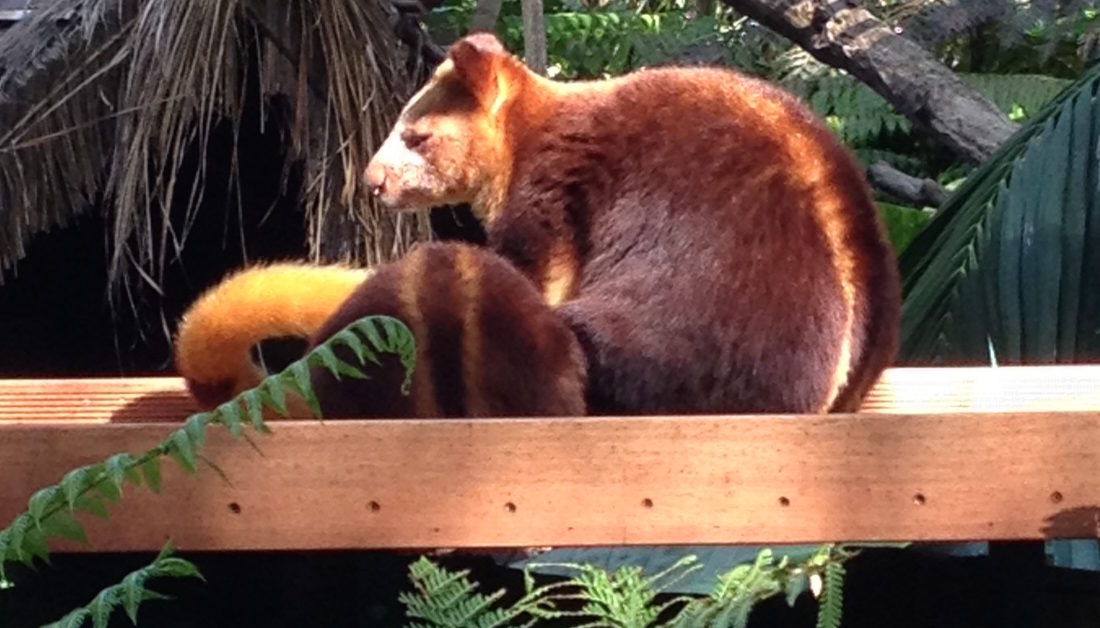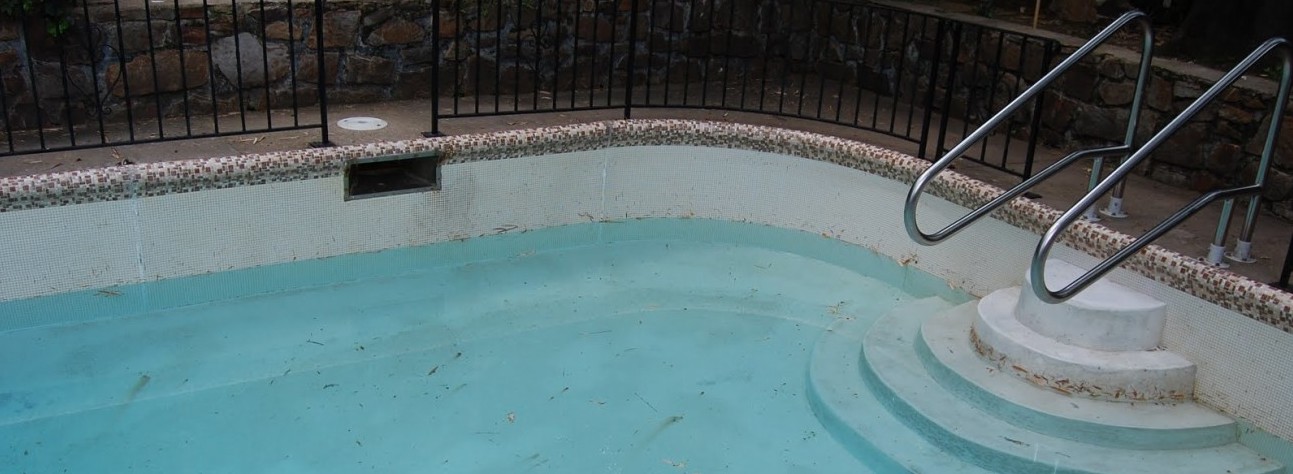NO SPACE TO COMPOST
‘what if we want to take some personal responsibility for our food scraps but don’t have the time or space to do so?’
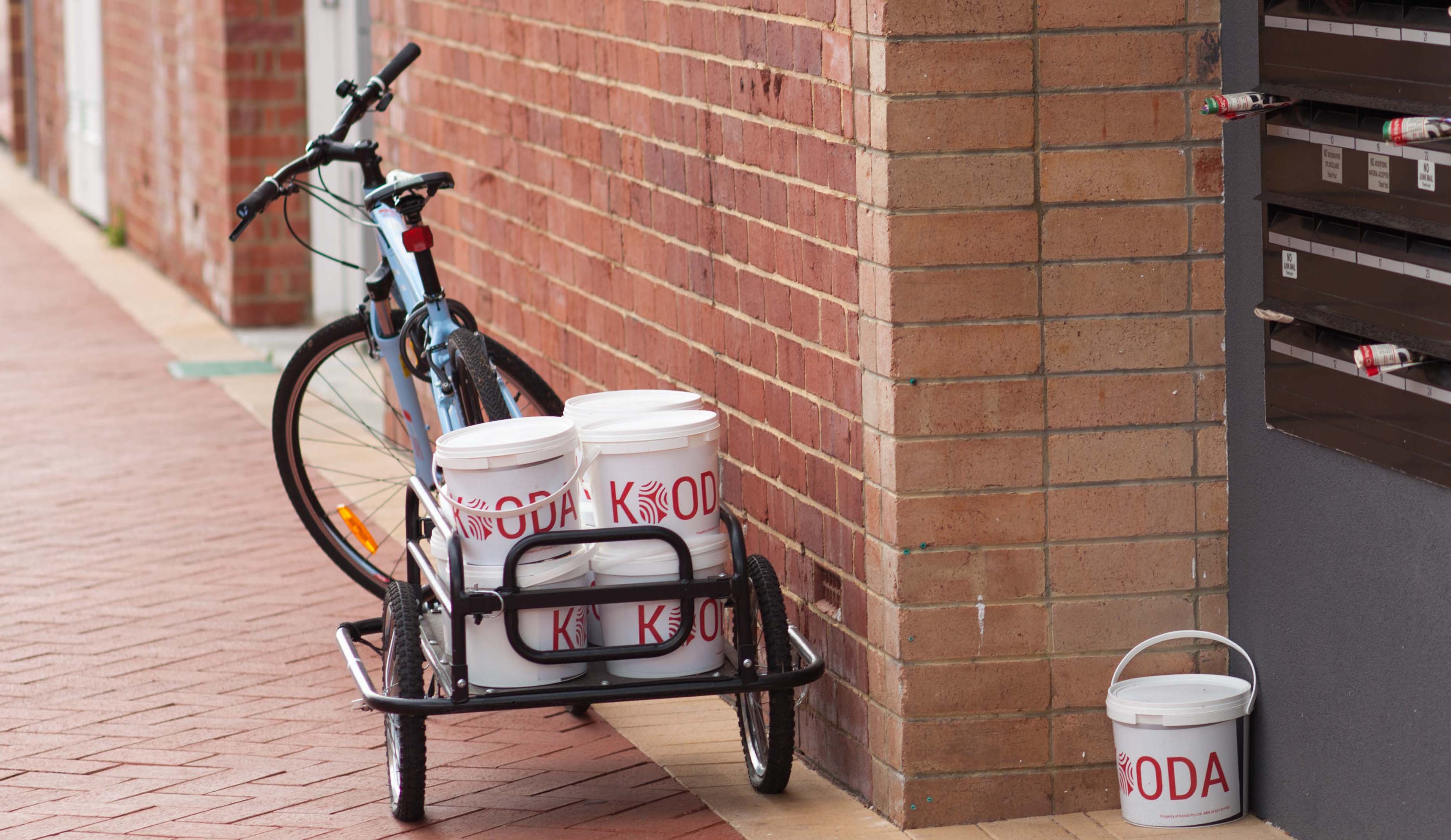
Posted on
30 January 2018Author
Peg DaviesMany people don’t have the desire or time to deal with their organic waste. The whole process may seem unpleasant, bothersome and they wont use the resulting product anyway. Over 175,000 tonnes of our general waste bins are processed commercially in Perth to extract the organic components (food scraps, garden waste and dirty paper etc). One such facility is located in Neerabup and takes 100,000 tonnes of general waste from four local councils. These products are used in broad acre farms and olive groves and currently, the landscaping for the Mitchell Freeway extension. http://www.mrc.wa.gov.au/Waste-Facilites/Resource-Recovery-Facility
But what if we want to take some personal responsibility for our food scraps but don’t have the time or space to do so? The inner city suburbs are losing backyards with subdivision and blocks of units come with limited opportunities to use processed organics. Are there alternatives?
One such possibility is to participate in the on-line group called Sharewaste
This connects people who have food scraps but nowhere to process them with neighbours close-by who have composting systems. They work out a system for dropping scraps off to the composting household.
A new business recently started in Perth is Kooda a pick up service available to inner city residents. Kooda is the brain child of Carly, a biomedical engineer whose previous work experience was to exclude microbes from her work environment. She is now embracing bacteria, fungi and other creatures as essential tools of trade.
Carly supplies her customers with a 5l bucket and is notified through a phone app. when the bucket is ready for pick up. She collects the buckets on a trailer on her bike, issuing a replacement bucket to the resident.
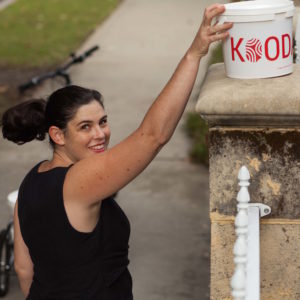
Carly picking up full buckets of scraps.
The contamination rate is low because customers are wedded in to the process.
She takes the contents to a local drop off point, an enclosed skip bin, where there is an aerated mix of mulch and scraps. The breakdown proceeds to the point where the mix is suitable for a compost worm feed. Carly removes the mix into large worm farms for the final stage.
The longer term plan for Kooda is to have collectors in many local suburbs and the corresponding composting systems in place to compost the material themselves. With Carly’s model the whole process needs to be done with minimal ‘carbon footprint’ from collection to final distribution of the final material. Are you interested in being a collector?
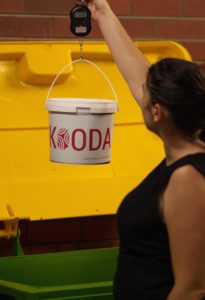
Each bucket is weighed
Do you think we have some responsibility for our food scrap waste? Is this a service you would use to process your food scraps?


